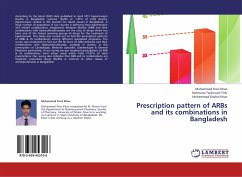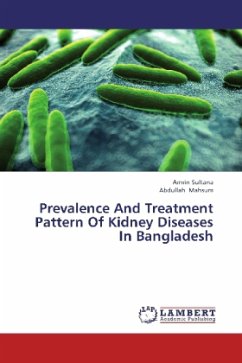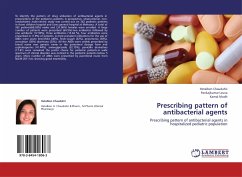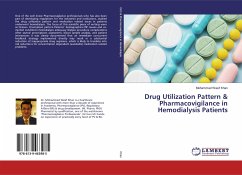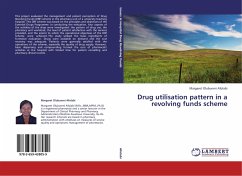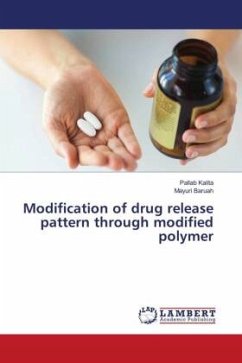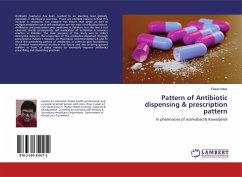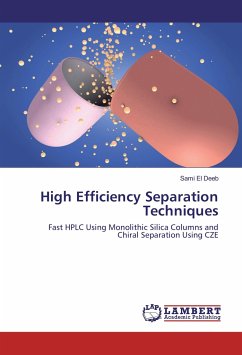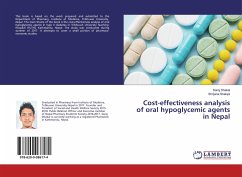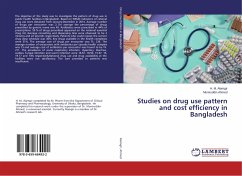
Studies on drug use pattern and cost efficiency in Bangladesh
Versandkostenfrei!
Versandfertig in 6-10 Tagen
36,99 €
inkl. MwSt.

PAYBACK Punkte
18 °P sammeln!
The objective of the study was to investigate the pattern of drug use in public health facilities in Bangladesh. Based on INRUD indicators of rational drug use were obtained from January-December in 2014. Average number of drugs per encounter was 3. On average the percentage of drugs prescribed by generic name was 49. Antibiotics were prescribed in 44% of prescriptions. 59 % of drugs prescribed appeared on the national essential drug list. Average consulting and dispensing time were observed to be 2 minutes and 22 seconds respectively. Patients who could repeat the correct drug dose schedule w...
The objective of the study was to investigate the pattern of drug use in public health facilities in Bangladesh. Based on INRUD indicators of rational drug use were obtained from January-December in 2014. Average number of drugs per encounter was 3. On average the percentage of drugs prescribed by generic name was 49. Antibiotics were prescribed in 44% of prescriptions. 59 % of drugs prescribed appeared on the national essential drug list. Average consulting and dispensing time were observed to be 2 minutes and 22 seconds respectively. Patients who could repeat the correct drug dose schedule was 36%. Key drugs available in the health complexes were 51%. The average cost of drugs per encounter was Tk. 236. The average number of encounters with antibiotics per Upozila health complex was 13 and average cost of antibiotics per encounter was found to be Tk. 211. The prevalence of acute respiratory infection, dysentery, diarrhea, scabies, fungal infection and worm infection were 16.67,18.50, 15.67, 16, 19.17 and 14% respectively.Rational drug use and drug availability at the facilities were not satisfactory. The care provided to patients was insufficient.



